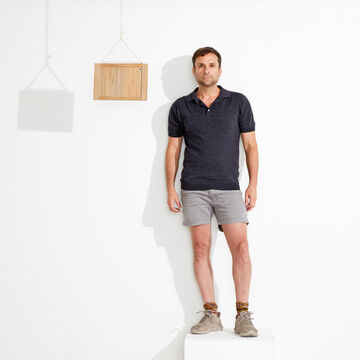

Judd Morrissey
Associate Professor
Contact
Bio
Assistant Professor, Art and Technology Studies (2002). BA, Languages and Literature, 1997, Bard College, Annandale-on-Hudson, NY; MFA in Literary Arts, 2000, Brown University, Providence. Performances: Sonoscopia, Porto; Casa Das Caldeiras, Coimbra; Eyebeam, NYC; Julius Caesar, Chicago; Le Cube, Paris; Anatomy Theatre & Museum, London; Museum of Contemporary Art, Chicago; Bergen Kunsthall; Ontological-Hysteric Theatre, NYC; Haus Der Kulturen Der Welt, Berlin; CCCB, Barcelona. Publications: The Operature; The Last Performance; The Jew’s Daughter; My Name Is Captain, Captain. Awards: Creative Capital / Andy Warhol Foundation Arts Writers Grant; Fulbright Scholar Award; Illinois Arts Council. Bibliography: Electronic Literature: New Horizons for the Literary; Digital Modernism: Making it New in New Media.